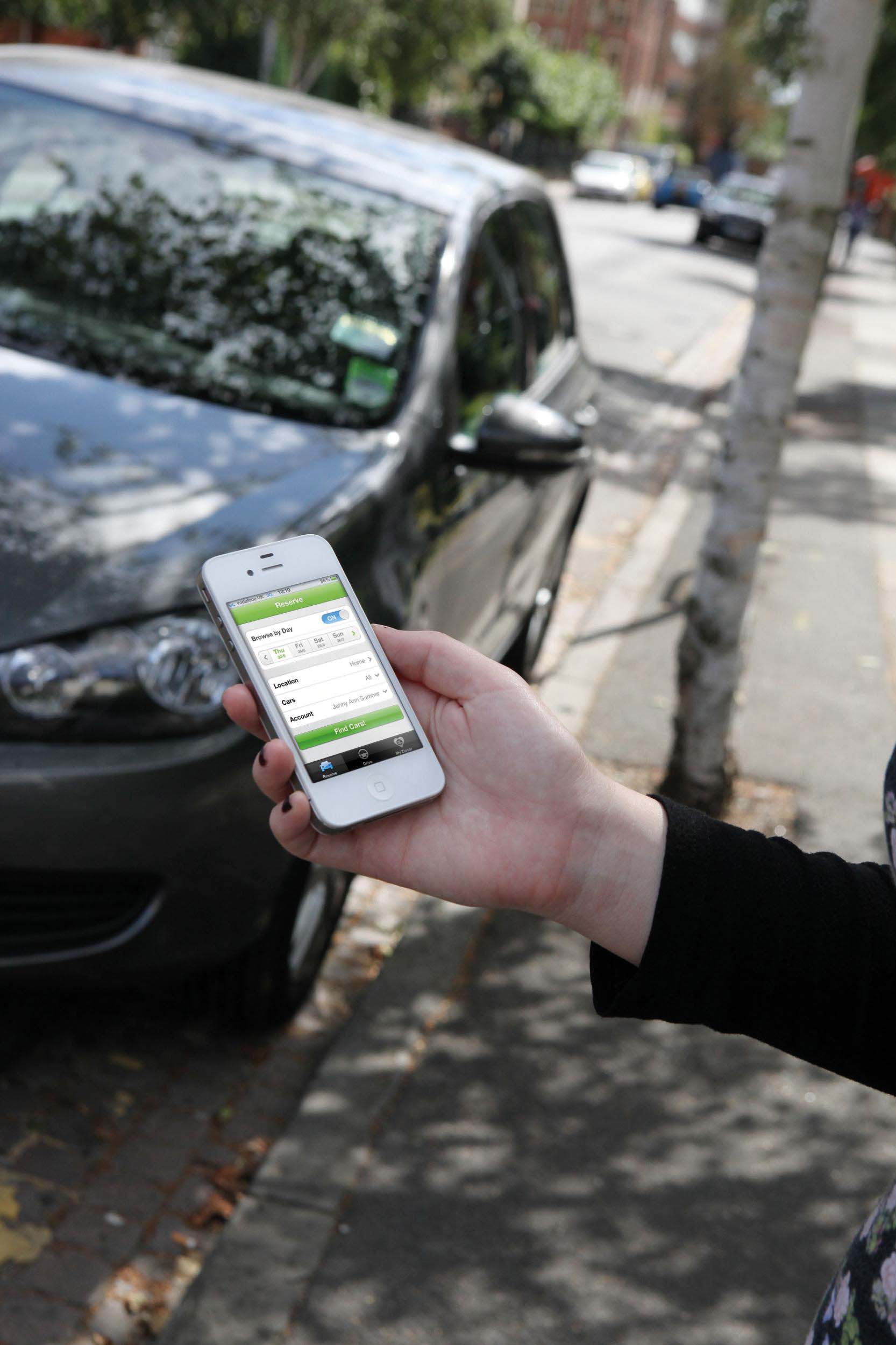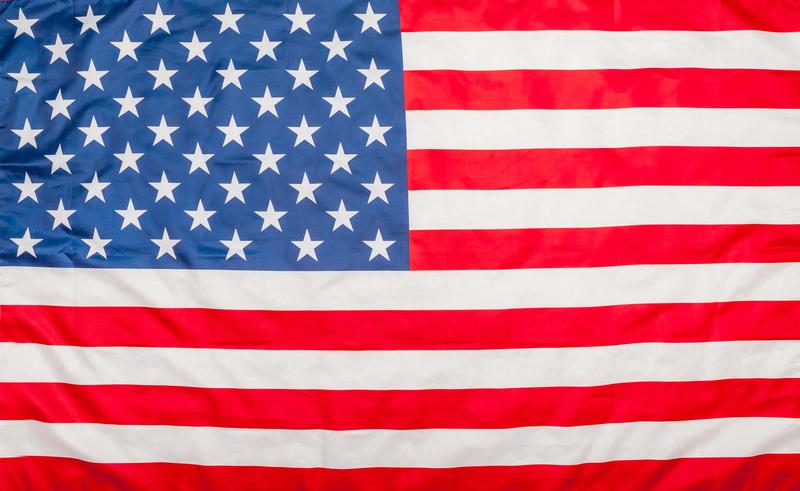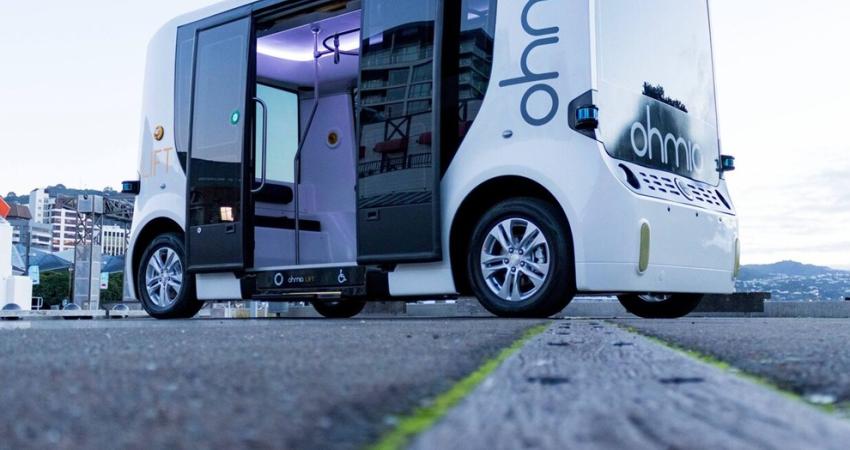The City of London Corporation, local authority for the Square Mile, has called for a ban on new diesel private hire vehicles (PHVs) in its response to the Mayor of London’s air quality consultation.
The Corporation also wants to see existing diesel PHVs removed from fleets as soon as possible to protect the public from exposure to toxic diesel emissions, with current licences phased out by 2020.
The consultation had invited Londoners to have their say on the Mayor’s proposals to introduce a new Emiss
The City of London Corporation, local authority for the Square Mile, has called for a ban on new diesel private hire vehicles (PHVs) in its response to the Mayor of London’s air quality consultation.
The Corporation also wants to see existing diesel PHVs removed from fleets as soon as possible to protect the public from exposure to toxic diesel emissions, with current licences phased out by 2020.
The consultation had invited Londoners to have their say on the Mayor’s proposals to introduce a new Emission Surcharge and to bring forward the Ultra-Low Emission Zone from 2020 to 2019.
Jon Averns, City of London public protection director, said cleaner alternatives to diesel are readily available.
He said diesel cabs travel ‘huge distances’ in central London and are releasing pollutants, including nitrogen dioxides and particulate matter, which can cause asthma, heart disease and cancer.
He added, “London’s businesses and residents want to see effective action from the authorities to reduce public exposure to air pollution in the short term. It is important that action is taken at the earliest opportunity to protect the health of Londoners.”
The City of London Corporation recently banned the purchase of diesel vehicles for its own fleet of 300 vehicles and it has pioneered a London-wide crackdown on drivers who leave their engines idling, following a series of successful trials in the City.
Last year the Corporation agreed a deal with6687 Addison Lee, London’s biggest private hire taxi firm, to automatically switch hybrid taxis to electric mode in key areas of the City. It has introduced a City-wide 20mph zone, a low-pollution travel routes City Air app and its new procurement rules have brought in tight restrictions on harmful emissions from bulldozers and generators.
The Corporation also wants to see existing diesel PHVs removed from fleets as soon as possible to protect the public from exposure to toxic diesel emissions, with current licences phased out by 2020.
The consultation had invited Londoners to have their say on the Mayor’s proposals to introduce a new Emission Surcharge and to bring forward the Ultra-Low Emission Zone from 2020 to 2019.
Jon Averns, City of London public protection director, said cleaner alternatives to diesel are readily available.
He said diesel cabs travel ‘huge distances’ in central London and are releasing pollutants, including nitrogen dioxides and particulate matter, which can cause asthma, heart disease and cancer.
He added, “London’s businesses and residents want to see effective action from the authorities to reduce public exposure to air pollution in the short term. It is important that action is taken at the earliest opportunity to protect the health of Londoners.”
The City of London Corporation recently banned the purchase of diesel vehicles for its own fleet of 300 vehicles and it has pioneered a London-wide crackdown on drivers who leave their engines idling, following a series of successful trials in the City.
Last year the Corporation agreed a deal with







